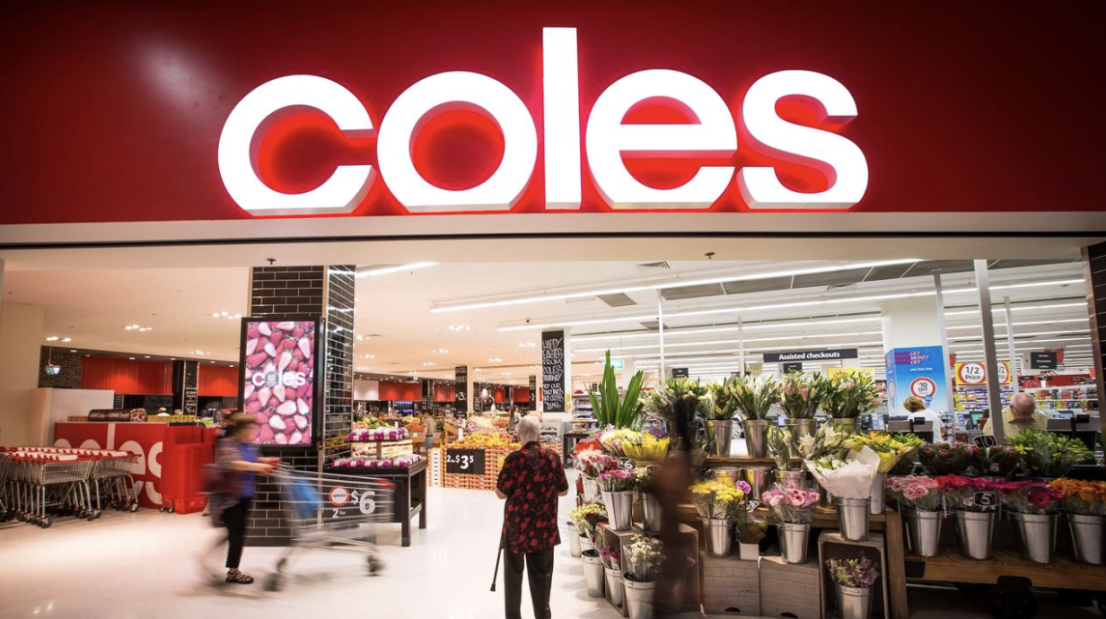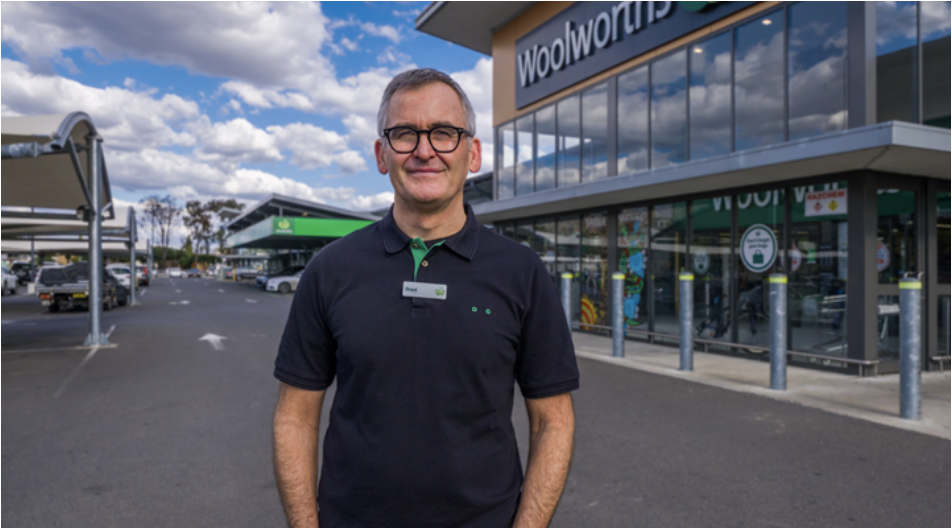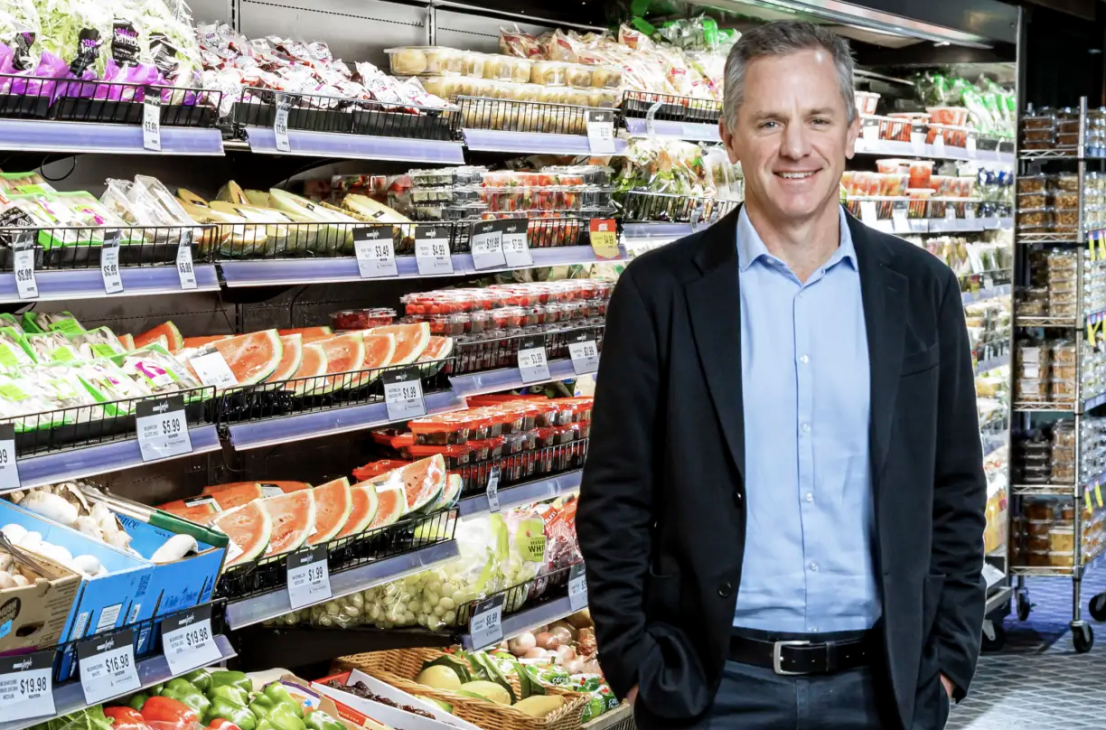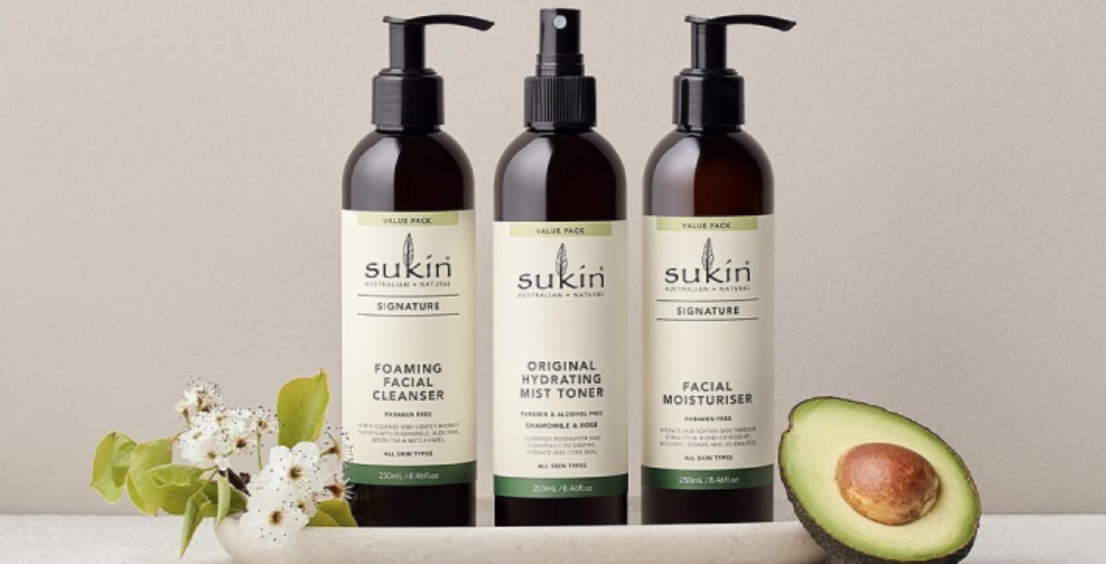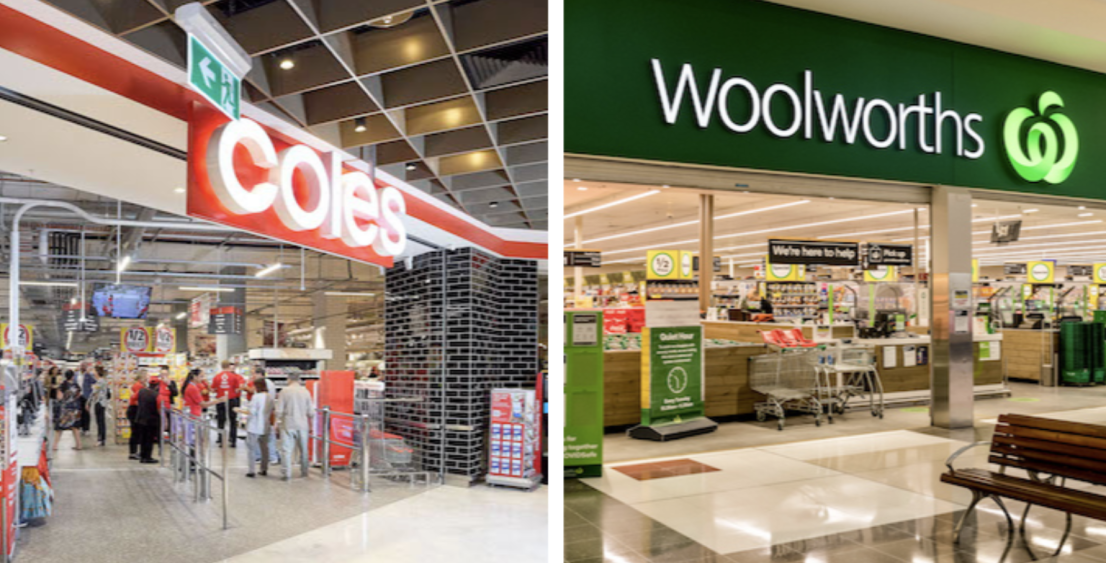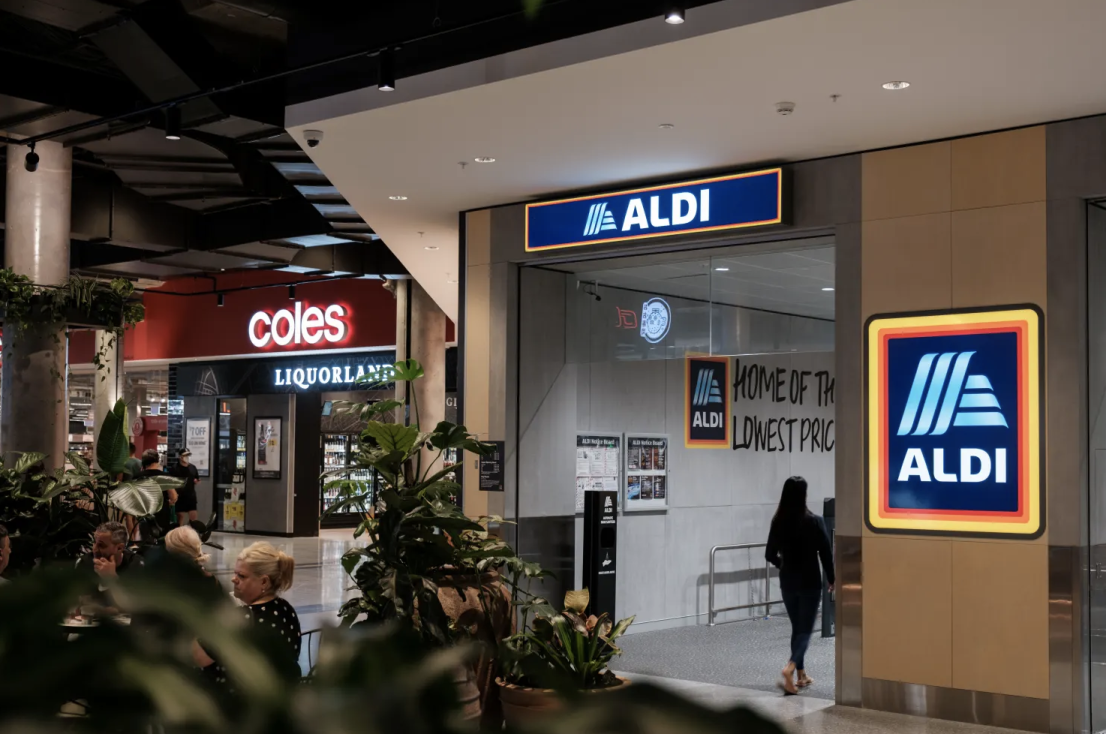
The big bill you’re paying at the grocery checkout is because of higher price requests from suppliers and farmers, global supply chain costs that doubled during COVID, and soaring inflation in the cost of goods, Coles says, as its rival Aldi gains customers in the cost-of-living crisis.
In its 28-page submission to the Senate supermarket pricing inquiry, Coles – the nation’s second-largest grocery retailer – laid out factors behind the jump in food prices, saying its biggest operational cost was the $32.3 billion it pays for goods from suppliers.
“A key driver of supermarket price increases has been cost price increase requests from our suppliers and farmers,” Coles’ submission read.
In the first six months of 2021, Coles received roughly 42 requests a week from suppliers to raise prices, a figure that nearly doubled to 79 a week in the 2022 and 2023 financial years. This in turn was driven by inflation and increased packaging, freight, shipping, and utilities costs, Coles said.
Coles’ submission was one among nearly two dozen published by the Greens-chaired Senate inquiry to examine the pricing and market power of the dominant supermarket chains. Woolworths’ submission is not yet available, and more submissions are set to be published in the coming days and weeks.
Of every $100 of revenue that Coles made in the 2023 financial year, only $2.57 became profit, the grocery giant said.
The bulk of its operating revenue – $73.09 of every $100 – goes towards purchasing and stocking products in stores. A further $11.87 is spent on wages, $8.80 on administration costs like property, $2.71 on federal and state government taxes, and $0.97 on the interest on debt and lease-financing costs.
As cost-of-living pressures remain in the spotlight and input costs remain high, Coles argued it was keeping prices low for consumers by offering weekly specials and discounts, markdowns and seasonal promotions during Christmas and Easter, and by improving its private label offering.
However, the supermarket does not have a spotless record when it comes to price promises.
Last September, Coles blamed a ticketing error after this masthead inquired about items “on special” that were actually more expensive than the original listed price. In December, it was forced to apologise after prematurely raising prices on items that, according to its ads, had “locked-in” prices.
Woolworths has also come under fire by consumers and politicians for price gouging.
With the price of red meat in the spotlight over the Christmas and New Year period, particularly as the nation works through an oversupply of livestock, Coles outlined how it paid meat, and fresh fruit and vegetable suppliers.
“Coles buys feedlot and pasture-raised cattle on forward contracts, and we agree prices with our farmers at this time. These contracts provide security of demand for our suppliers and security of supply for Coles and our customers,” the submission stated.
With horticulture suppliers, Coles said it entered into “seasonal commitments” that are based on volume and vary according to season and region.
“From these commitments, both parties then negotiate on a per-order basis (with orders typically placed weekly over multiple days). Price is agreed by Coles and the supplier using a variety of factors from current market availability, and volumes needing to be moved within the time period of supply, along with promotional plans for the item.”
Coles also argued that despite the high market concentration (together with Woolworths it makes up a combined 65 per cent of the supermarket sector), the food retailing category was “highly competitive”, and pointed to a 2023 Productivity Commission document that noted “aggressive competition” between the two rivals.
For the 2023 financial year, the ASX-listed Coles reported $1.1 billion in net profits, while its larger rival Woolworths posted $1.6 billion.
Meanwhile, Aldi revealed in its own submission that it saw a 4 per cent gain in customers in 2023 as shoppers seek more value and switched to the German-headquartered chain.
Seeking to differentiate itself from the two dominant players, Aldi said its strategy was to stock a more limited product range (around 1800 items compared to 25,000) and to offer low prices year-round rather than a rotation of mark-ups and discounts.
“Aldi’s prices are more stable than at some of the other supermarkets,” its submission said.
“Permanently low prices across the majority of the Aldi range means more clarity and certainty for customers as well as more savings year-round for shoppers.”
The supermarket chain also touted its approach to working with suppliers, pointing to a 2022-23 independent review into the food and grocery code of conduct that found Aldi ranked the highest “across the board” compared to other signatories of the voluntary code, and “particularly outperformed” on supplier experience.
A series of inquiries have been launched into grocery competition and supermarket pricing power as Australians contend with sustained cost-of-living pressures.
The ACCC has been ordered to use its full legal force to conduct a year-long investigation, and former Labor competition policy and consumer affairs minister Craig Emerson has been appointed to review the food and grocery code of conduct.
On Wednesday, former consumer watchdog head Allan Fels released his report into price gouging, commissioned by the Australian Council of Trade Unions. It found Australians are being overcharged for everything from energy to groceries, childcare and airfares, and called for the government to step in.
The Senate inquiry, chaired by Greens Senator Nick McKim, has not yet announced any hearing dates.



